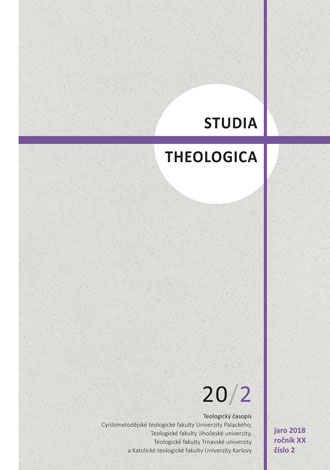Dlouhá cesta k Lateránským smlouvám: Diplomatické styky Svatého stolce a Itálie od nástupu fašizmu k moci do uzavření Lateránských smluv
A Long Way to the Lateran Treaty: Diplomatic Relations between the Holy See and Italy from the Rise of Fascism to the Conclusion of the Lateran Treaty
Author(s): Marek Šmíd, Petra VotavováSubject(s): Theology and Religion
Published by: Univerzita Palackého v Olomouci
Keywords: Holy See; Fascist Italy; Pius XI; Eugenio Pacelli; Benito Mussolini; Lateran Pacts
Summary/Abstract: The study deals with the diplomatic relations between the Holy See and Fascist Italy over the period of 1922–1929. In the period of the dramatic events in the 1920s, it follows up on the final phase of the so-called Rome question, which was opened after World War I. It describes each of the meetings and analyses the requirements of both sides, which resulted in the signing of Lateran Treaty in February 1929. By means of this treaty, Mussolini’s Italy recognized the sovereignty of the Holy See over the Church, accepted the right to send and receive legates, issue passports, own a post office and coin their own money. Furthermore, the Italian state returned property to religious persons, reintroduced obligatory religious education regulated by the Church, declared the Catholic Church as the state Church, forbid all anticlerical magazines, books and films, and imposed penalties for criticism and insults to the Catholic Church. In addition, the Pope was financially compensated. The head of the Catholic Church, in return, accepted the Italian kingdom with its capital city Rome, thereby indirectly contributing to the legitimation of Fascist Italy, which as a result, gained recognition in an international context. Despite every goodwill gesture of the Fascist state, Benito Mussolini began to break with his promises during the 1930s. It soon became apparent that B. Mussolini only saw concordat as a formal matter which should manifest the unity of the state and Church in the Apennine peninsula at least externally and assure support for the young authoritative figure from a powerful institution, the Catholic Church.
Journal: Studia theologica
- Issue Year: XX/2018
- Issue No: 2
- Page Range: 185-208
- Page Count: 24
- Language: Czech

